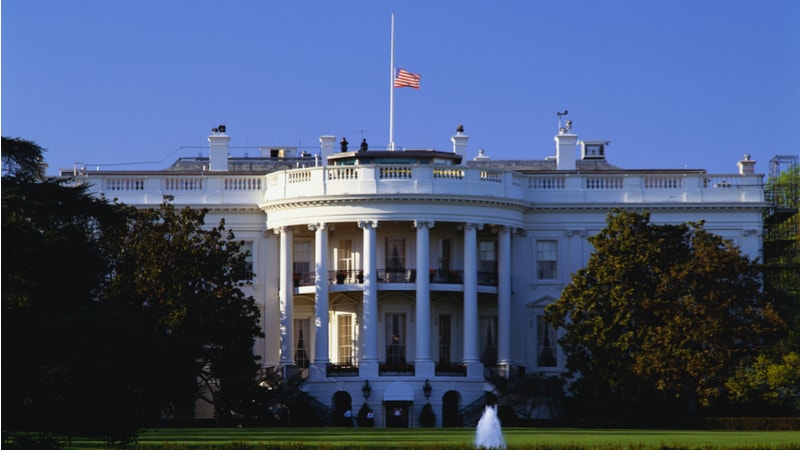
The White House said today that it is overhauling the way that Federal agencies buy products and services in an effort it says will be more cost-effective and eliminate unnecessary regulations by streamlining acquisitions.
The Trump administration said today’s move marks the largest overhaul of the Federal Acquisition Regulation (FAR) in four decades, since Congress passed the Federal Acquisition Streamlining Act and the Federal Acquisition Reform Act in the 1990s.
The White House said that the effort will return the government rulebook for acquisitions “to its “statutory roots,” and include plain language while removing non-statutory rules it says, “are not essential to sound procurement.”
“The old rules were built for paperwork; the new rules are built for performance,” said Kevin Rhodes, senior advisor to Office of Management and Budget Director Russell Vought. “With each deviation, we’re clearing out red tape and making space for better value, timely delivery, and more robust competition,” Rhodes said.
The goal, Rhodes added is to “open the door for increased participation by innovative small business manufacturers, new entrants, and others who have not traditionally been willing or able to work with our agencies.”
Agencies must today begin eliminating a third of requirements from future contracts that are not required by statute or executive orders and that “have little to do with contract outcomes,” the White House’s order issued today says.
Office of Federal Procurement Policy – an arm of OMB – said agencies should also start using government-wide contracts for common commercial products and services, including those considered best-in-class and preferred, instead of “maintaining their own contracts,” the order says.
The office will also create new criteria for best-in-class that will “align with the Administration’s priorities,” and give “the best deal for the taxpayers,” labeling those that no longer meet the criteria “preferred.”
Other changes include eliminating paper-based pricing lists and duplicative contract approvals while consolidating procedures under a modernized FAR Part 8 and making it easier for contractors to sign up and maintain their registration in the System for Award Management.
In the future, OFPP said it plans to issue additional Revolutionary FAR Overhaul requirements that “will focus on emerging technologies, pricing transparency, and agency accountability.”
On Aug. 14, the FAR Council released revisions for six parts of the FAR, including parts 4, 8, 12, 38, 40, and 51 – parts 38 and 51have been fully retired and instead consolidated into an information and supply chain security policies part.
The Trump administration has released a series of changes to the FAR since President Donald Trump issued an executive order in April which made OMB, OFPP, and the General Services Administration, Department of Defense and NASA members of the FAR Council and charged them with overseeing the overhaul.
